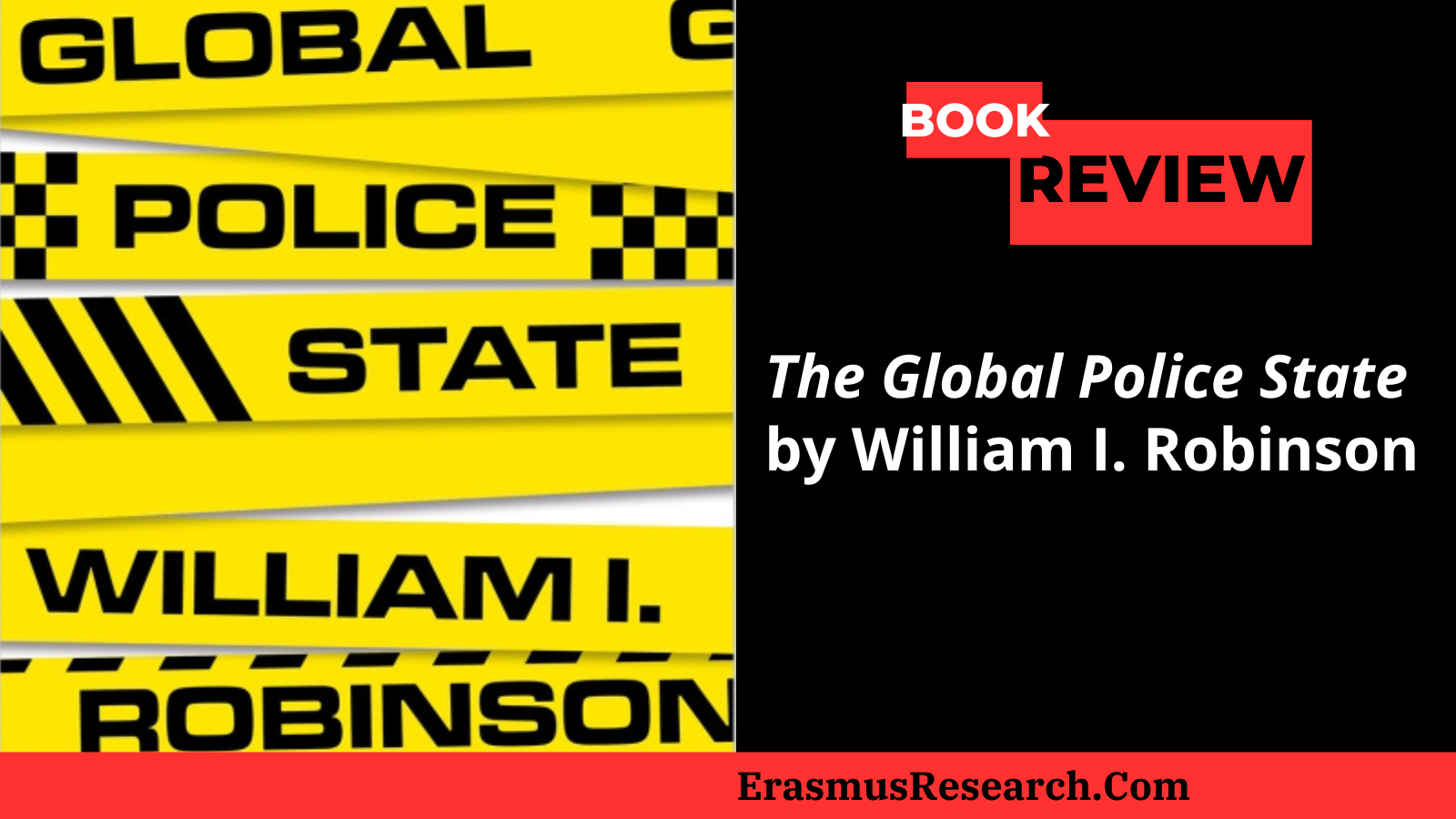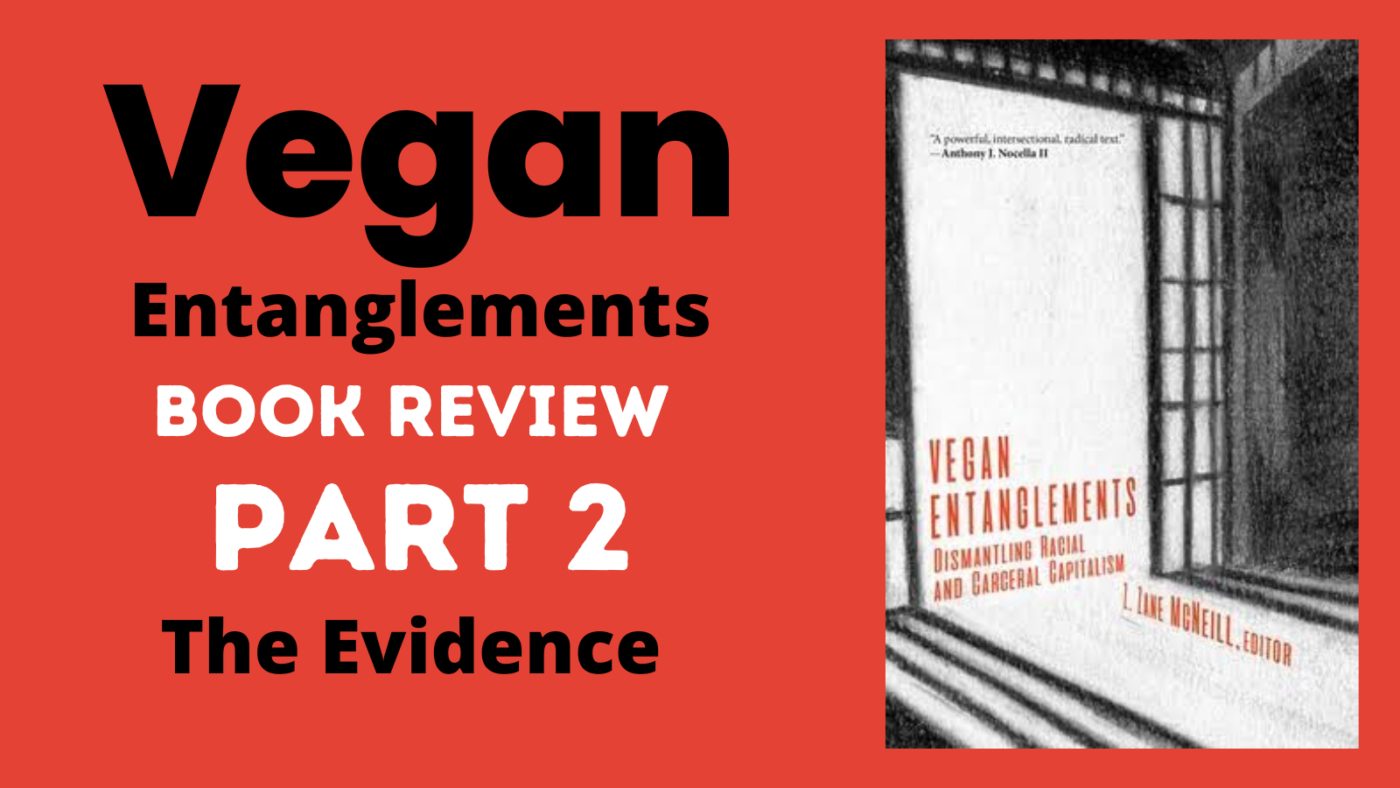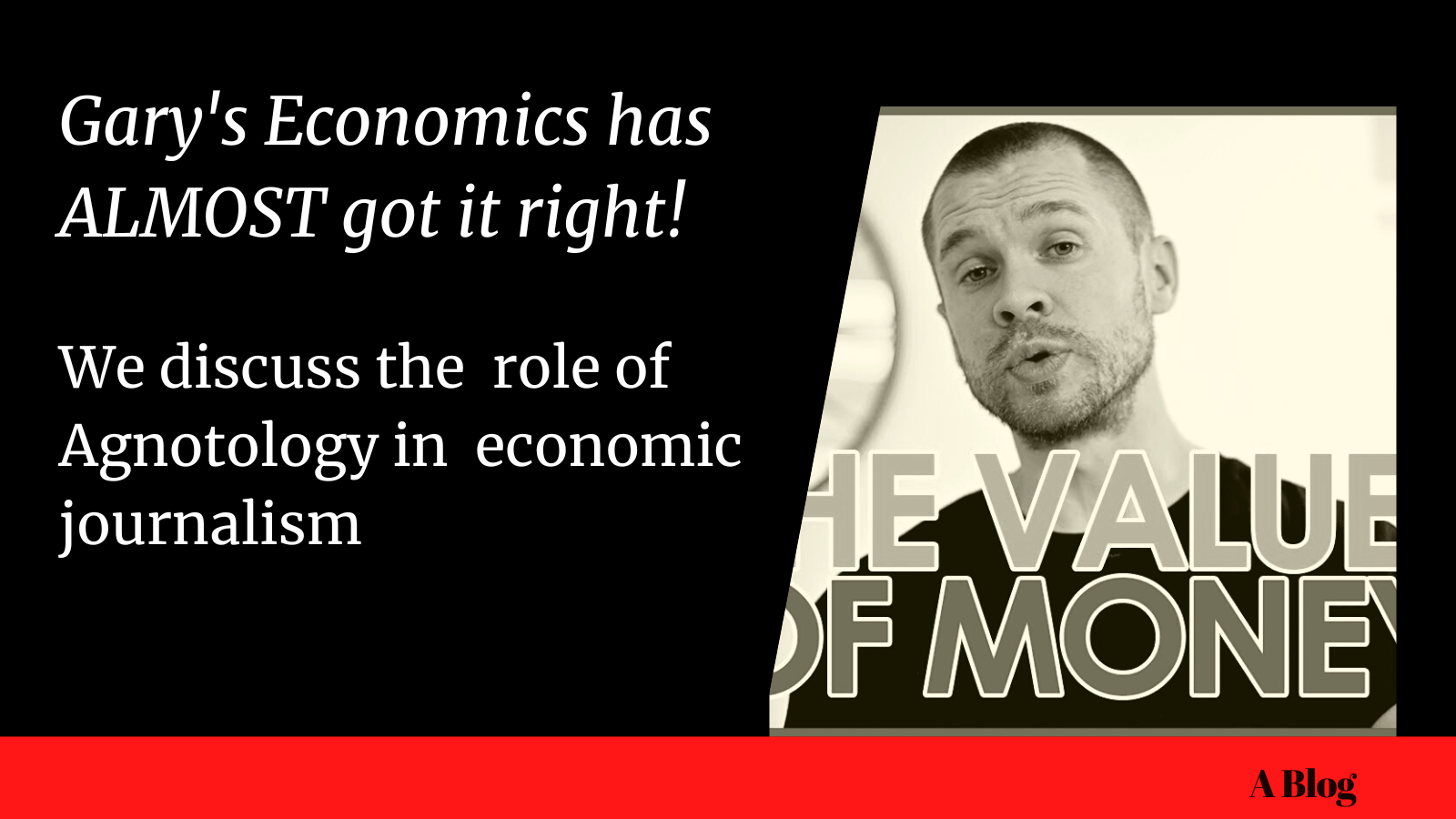William I. Robinson’s The Global Police State is perhaps more relevant now than when the book was published in 2020. This is not entirely surprising, given the dystopian turn of events that almost everyone, everywhere, is experiencing in 2023. We say almost everyone, because, as Robinson points out, if you are lucky enough to be the 1% who own over 54% of the world’s wealth, your reality is probably far from dystopian. And herein lies the central feature that explains the existence of the global police state, namely the unprecedented levels of inequality that have recently emerged from what has been the largest upward transfer of wealth in the history of civilisation.
When this scale of inequality emerges from decades of class struggle, the perceived need for violent repression, by those who occupy favourable positions in the social and economic structure, becomes more and more acute.
What is the Global Police State?
When trying to grasp the expansive enormity of the global police state, and its relentless encroachment into all aspects of our daily lives, Robinson urges us to move beyond the narrow notion of uniformed officers, and the everyday violence that underpins notions of ‘law enforcement’. Decades of relentless copaganda, and the favourable portrayal of police as the good guys who keep us safe by preventing crime and catching ‘criminals’ has perpetuated and propagated one of the most enduring mythologies in modern times. The universal mythologies around ‘liberal’ notions of ‘policing by consent’, are beginning to crumble as trust in the police, in both the US and, in particular, the UK, has fallen sharply in recent years. As Ell Folan from Novara Media writes –
“It seems incredible to think that as recently as December 2019, 77% of people in the UK felt that the police were doing a good job; 57% trusted them to tackle crime and 41% viewed the Met as non-racist. Today, the force’s net approval rating is just five points, down from 60 four years ago. Much has happened in the interim – not least the explosion of the Black Lives Matter and Kill The Bill movements – but still, it is hard to overstate how vertiginously Britons’ faith in the police has plummeted in less than half a decade.“
The very notion of policing by consent has been damaged by a string of scandals involving the police,eroding public trust and introducing new punitive measures such as the Public Order Act and the unprecedented levels of unaccountability. But even this kind of coercive authoritarianism does not define what the global police state actually entails. It has, Robinson suggests, three broad features which we shall explore in turn.
Authoritarian State Repression
This, as Robinson writes, manifests as – ‘Omnipresent systems of mass social control, repression and warfare promoted by ruling groups to contain the real and the potential rebellion of the global working class and surplus humanity’. This takes the form of police, border agencies, private security firms, surveillance systems etc., and has arisen from an almost wholesale shift in public spending that has seen the welfare and nurturing function of the state being steadily defunded in favour of its punitive, paternalist function.
Capitalism and its Insatiable Need for Growth
Here, Robinson talks about ‘militarised accumulation’ or ‘accumulation by repression’, a development of Marx’s concept of accumulation by dispossession. Here the expansion in authoritarian forms of control are not only designed to surveil and repress the precariat and those surplus to the requirements of production and consumption, they present, in themselves, an entire world of possibilities for the generation of profits. As traditional forms of investment yield smaller and smaller returns, the Transnational Capitalist Class (see below for a definition) are turning to the possibilities of the ever-expanding war economy. The various political constructions that constitute the war on terror, the war on drugs, the war on migrants, the war on crime etc., all require new technologies, equipment, weapons, devices, that can be manufactured and sold in the generation of growing profits and augmented returns for investors. These wars of course, require constant political propagation.
21st Century Fascism
The third dimension of the Global Police State arises from what Robinson calls; ‘the increasing move towards political systems that can be characterised as 21 century Fascism, or even in a broader sense, as totalitarian’. There is of course a dialectical relation between emerging political projects and emerging forms of capital accumulation. The state and capital, being a two headed creature, work in concert, with each serving the other, in ways that facilitate the relentless expansion of the global police state.
There are two conceptual entities that underpin all three of the above dimensions of the global police state. These are represented by the growing divide between the super-rich on one hand and the growing precariat on the other. The first is represented by what Robinson calls the Transnational Capitalist Class, a truly global elite that moves freely across borders, with their private jets, luxury yachts and residences all over the world. Juxtaposed to this global elite are the growing number of precarious workers, and those who are surplus to the needs of capital accumulation. This latter group, Robinson calls ‘surplus humanity’. The divide between the two has never been greater and global inequalities have never been more acute.
The Problem of Surplus Humanity
In 2023, 80% of the world has only 5% of the world’s wealth, a problem that is only going to augment exponentially. This is, according to Robinson, primarily why the global police state is expanding. As inequalities continue to grow, the risk of rebellion or perceived rebellion by a class (or classes) that have been thoroughly dispossessed, the Transnational Capitalist Class feel the need to shore up their defences. Authoritarian societies of control, accompanied by a raft of fascistic projects (the obsession with stopping small-boat migrants, the banning of the democratic right to peaceful protest, unprecedented levels of privatisation etc.,) and the opportunities that militarisation, along with never-ending wars abroad present, increasingly become priorities for the accumulation of capital and the suppression of resistance.
If there was a contention with Robinson’s dystopic account of the Geo-politics of contemporary capitalism, it would be his over-reliance on the revolutionary potential of what he continues to call the working class, or, its extreme form – surplus humanity. Lazzerato, in his new book ‘The intolerable Present, the Urgency of Revolution’ (2023), suggests that global capital, having all but extinguished the threat from a unified working class, now faces the uncertainty of who its enemies are. Not knowing where the threats come from is, for Lazzerato, one of the main drivers for the relentless expansion of the global police state. If you cannot identify your enemy, and you don’t know where the next rebellion will come from, then everyone becomes a suspect.
The willful destruction of a unitary working class, and the fragmentation of this group into classes of oppressed peoples, has bought the crisis ridden capitalist class a few more decades of unfettered domination. But it could yet prove to be the internal contradiction that Marx talked about, the elusive one that would bring about its ‘inevitable’ destruction.
Time, of course, will tell.







